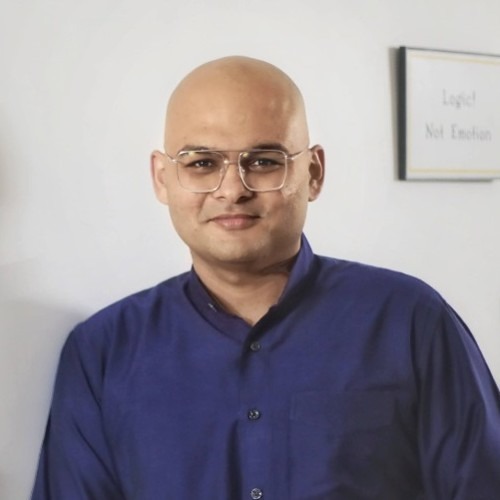There are no items in your cart
Add More
Add More
| Item Details | Price | ||
|---|---|---|---|
Tue Jun 28, 2022
They say that we have progressed. And indeed, we have. We have come a long way. From ploughs to tractors and from organic to chemicals, we have turned the earth into a veritable production house. And why not!
After all there are around 7.5 billion people to feed every day. 7.5 billion people, 25 billion chicken, 14 billion livestock and god alone knows what else.
We have done this with increased efficiency over the last 50 years or so. As a result there are less hungry people in the world. But Famine still exists. Specially in Sub Saharan Africa. Nations such as Somalia, Sudan and others still suffer terribly from lack of rain and retrogate irrigation facilities. Though the world chips in, the region suffers.
This belt of mother earth known as Sahel is probably the cradle of civilization. As Sapiens got tired of gathering and hunting, they settled down into organized villages first in and around this region indicating that Sub Saharan as it may be now, perhaps water and rivers abounded in the early parts of civilization.
The Nile was perhaps not the only river flowing through what we know as Sub Saharan Africa. The locals call it Sahel.

That’s the bad news. But there is a silver lining. A silver lining that is spreading cheer across this, the most impoverished region in the world. It’s even more comforting to know that this silver lining is emerging, not from AI and M2M, large machines, chemicals or from anything related to modern science. The solution is emerging from the revival of farming methods that have lain dormant and forgotten for Centuries.

When the famines of the 70s and the 80s destroyed the Sahel, Yacouba Sawadogo decided to change the land he was staying in. As village after village migrated, he stayed back and reinitiated an ancient method known as the Zai Pits. These traditional pits are used to plant trees and are fortified with stones to store in the occasional rain that falls. While people laughed at him, he stayed true to his cause. Today his efforts and of others that joined in have resulted in intense forestation in parts of his native country Burkina Faso while being the inspiration to millions of Africans who have decided to stop the desert on the borders of Sahel while reversing the effects of perennial droughts in a suffering land.
The 78-year-old Yacouba is hailed as "the man who stopped the desert" for his relentless efforts to bring about greenery in the areas close to the Sahara desert. In 2018 the world honoured him with the ‘Right Livlihood Award’ considered by many as an alternative to the Nobel Prize.
Yacouba’s effort and the effort of his fellow citizens of Sahel has resulted in improved food security for some three million people; increases in household gross incomes, by an average of 18– 24%; the reversal of environmental degradation and desertification across some 6m hectares of land; and around 200m new trees being grown, with a production value of over $260m. Improvements in nutrition may, in turn, help build resilience to future health pandemics.
Climatically, the changes have meant decreased soil erosion, reduced wind speed, decreases in local temperatures and increase in rainfall, along with greater biodiversity. There has also been a direct reduction of armed conflict, so pandemic to the region, as due to increased prosperity, there is an increasingly growing resource pie that lessens the socioeconomic reasons for internal conflict.
His is the inspiration. Myriad tribes and people across the region and going back centuries to find techniques that had made their region one of the richest biodiversity in the ancient world.

The Sahelians have shown that sustainability and scientific restoration of ancient techniques can result in progress that modern science can only hope achieve.
Share on social media
Be a part of the 1st International Sustenable Youth Conference in Ahmedabad, from 4th to 7th November, 2022.
Enroll Now
Manil
English Teacher | Career Mentor | Sustainability Champion